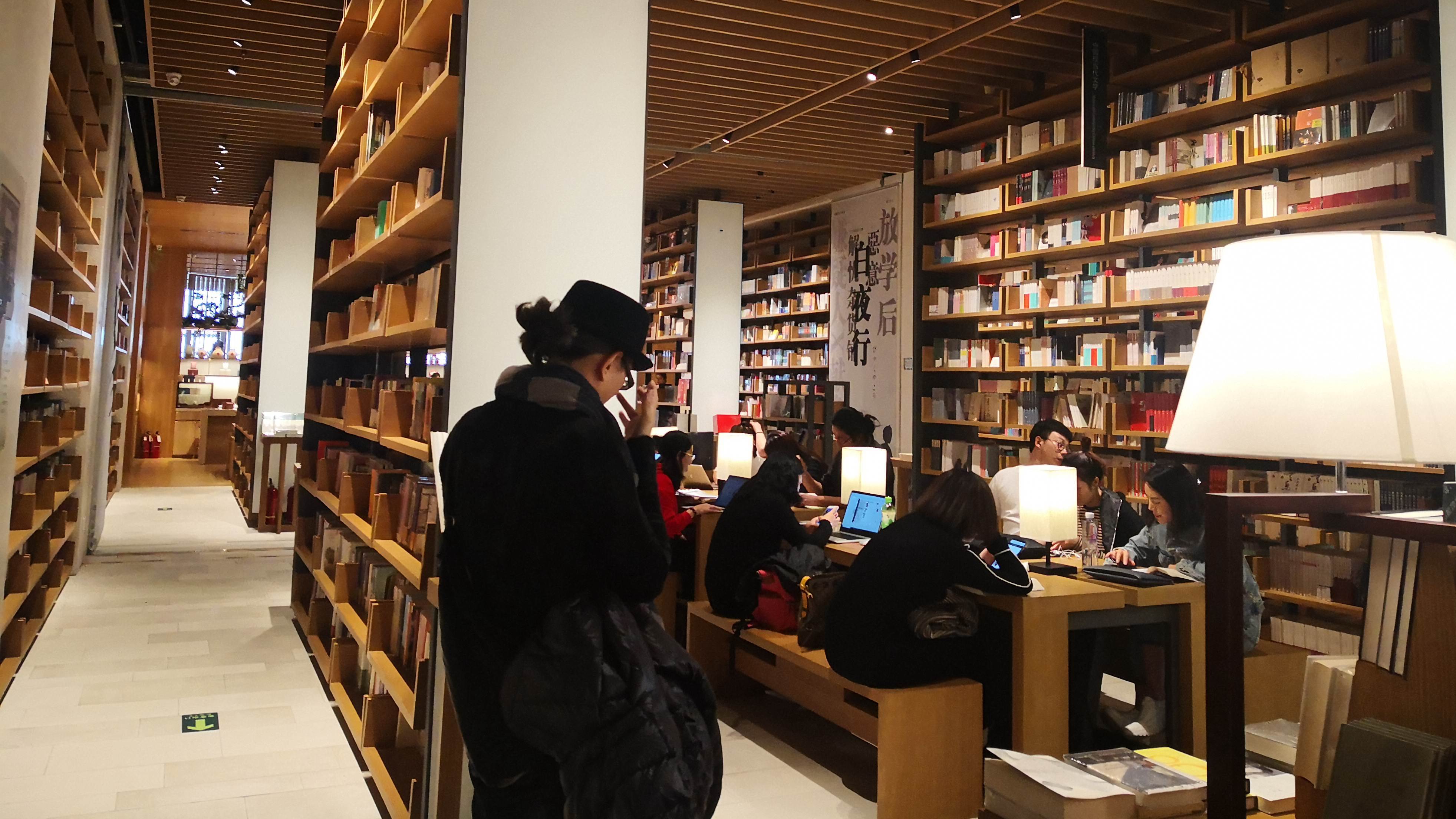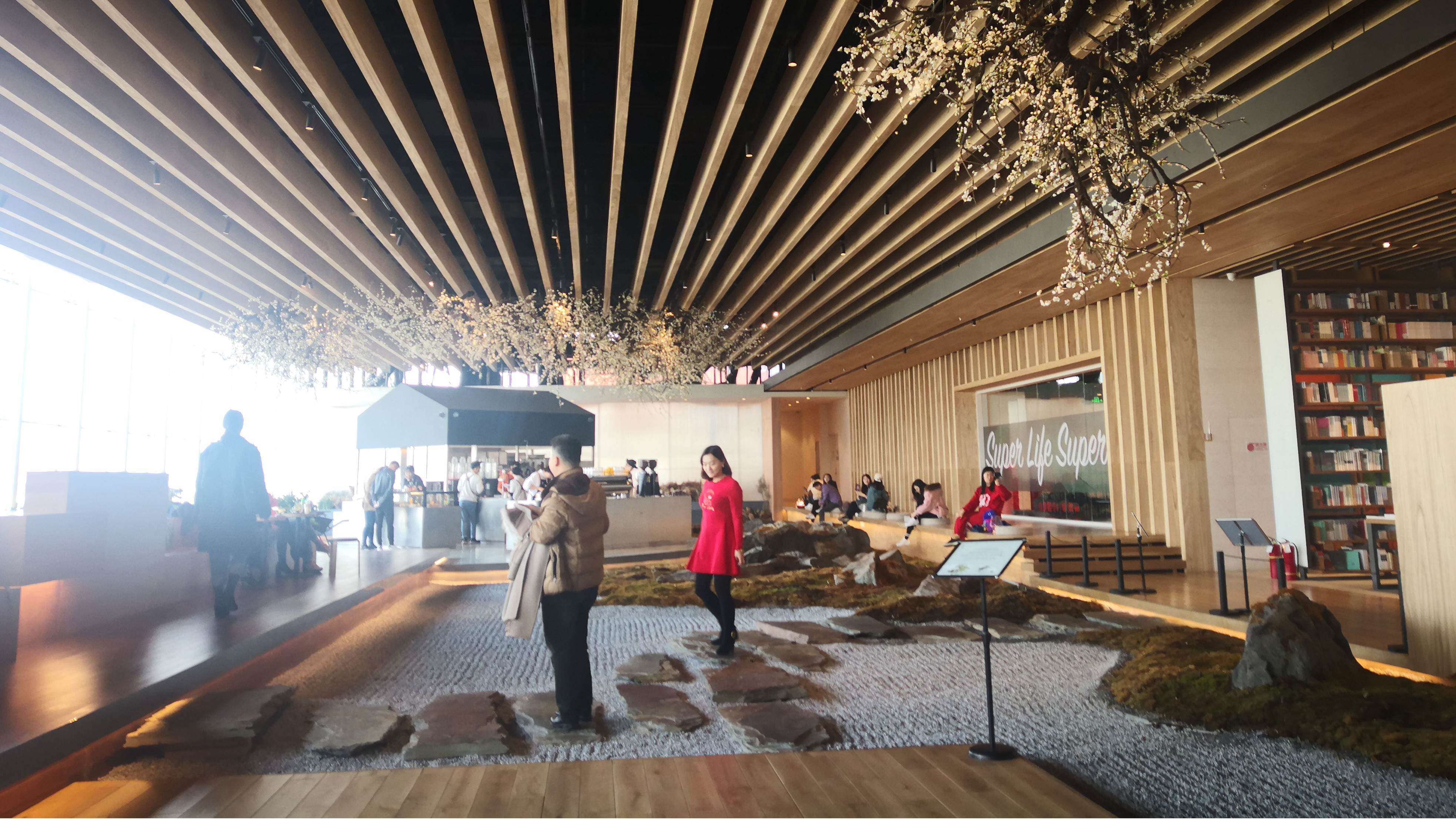
Money Stories
13:29, 07-Mar-2019
Power of Youth: Post-90s generation drives China’s consumption growth
Updated
14:25, 08-Mar-2019
Wang Mengzhen
02:23

China's post-90s shopaholics are catching up with their older millennial friends.
Li Lilian leads a white-collar lifestyle in Beijing and she is part of the new trend. Li has a whole new perception of shopping, which no longer has to do with price tags and big brands.
"Every one has the vanity to buy luxuries. But I care more about whether the product or service represents who I am. So, I would like to buy things that show I have good taste, like certain stylish products and healthy food," said Li.

Shopping malls like Chaoyang Joy City in Beijing are upgrading their services to woo the post-90s shoppers. /CGTN Photo
Shopping malls like Chaoyang Joy City in Beijing are upgrading their services to woo the post-90s shoppers. /CGTN Photo
And she is not alone. The feelings products evoke are a top concern for many post-90s we met at one shopping mall.
"I don't care much about brand awareness. I need the chemistry between me and the goods," said one.
"Now I usually shop online. At brick and mortar stores, I prefer more of a spiritual experience ... like reading at bookstores," noted another.


The feelings products evoke and the experience of services are top concerns for many post-90s shoppers. /CGTN Photo
The feelings products evoke and the experience of services are top concerns for many post-90s shoppers. /CGTN Photo
US data company Nielsen has released a portrait of the new generation and their ever-increasing purchasing power.
In the 4th quarter of 2018, 28 percent of China's Internet users were those born in the 90s. Among all age groups, they placed highest in web use and willingness to spend. While the early 90s buy mostly necessities, the late 90s babies, often called "post 95s" were avid technology consumers. They now focus more on personal development.
Amanda Zhao explains how she's becoming a me-oriented shopper.
"When I had just started to work, I was crazy about luxuries, but later on I found out they couldn't change my life in the long term. so I've gradually shifted my focus to self improvement products and services, like registering for fitness courses at the gym," said Amanda.

Shopping malls like Chaoyang Joy City in Beijing are creating community culture-based spaces to meet the diverse demands of young consumers. /CGTN Photo
Shopping malls like Chaoyang Joy City in Beijing are creating community culture-based spaces to meet the diverse demands of young consumers. /CGTN Photo
Shopping malls like Joy City in Beijing's eastern Chaoyang District are upgrading their services to woo these young shoppers.
"We are now creating community culture-based spaces to meet their diverse demands like this one named dock, integrating bookstores, galleries, cafes, and fitness clubs altogether. And we found customers who come to the space spend 90 percent more time than the average shopping mall guest," said Zheng Zheng, assistant general manager of Chaoyang Joy City shopping mall.
Experts say authorities have made considerable efforts to maintain the purchasing power of these young people, including the latest tax and fee cuts as well as measures to further boost employment and entrepreneurship.

SITEMAP
Copyright © 2018 CGTN. Beijing ICP prepared NO.16065310-3
Copyright © 2018 CGTN. Beijing ICP prepared NO.16065310-3